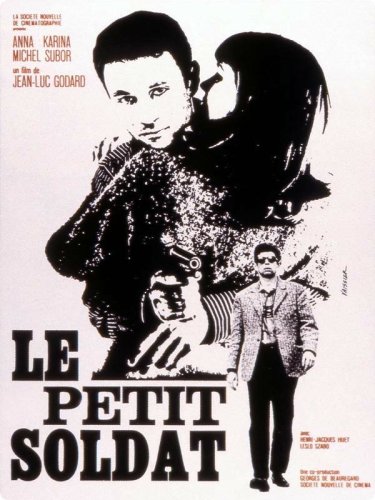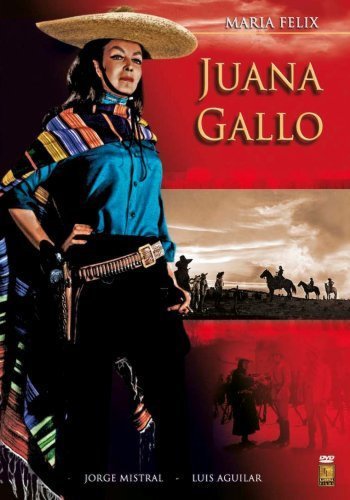Le Petit Soldat (The Little Soldier) was shot in 1960 but was shelved until its release in 1963 after director Jean-Luc Godard had released his controversial groundbreaker Breathless, his unique little "musical" A Woman is a Woman, and his somber and moody Vivre Sa Vie. One wonders how Le Petit Soldat, originally intended for a 1960 release, would've fared as Godard's directorial debut or even sophomore effort, as the film makes a daring attempt at commenting on the, at the time, ongoing Algerian War along with making use of scenes involving torture and misogynistic undertones.





